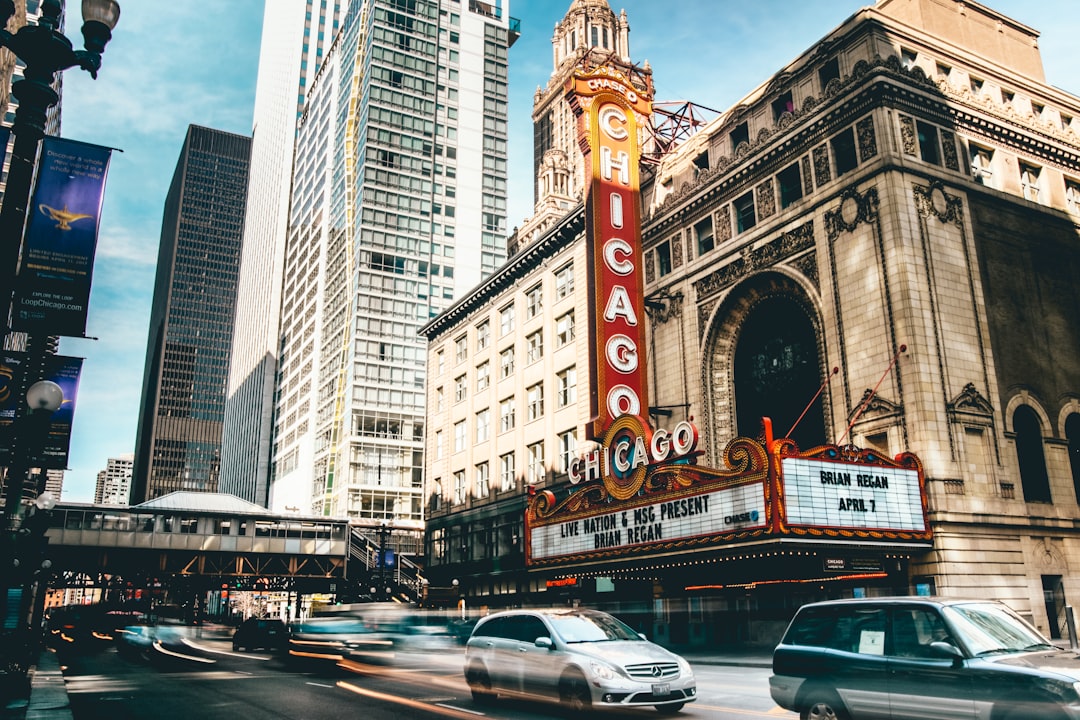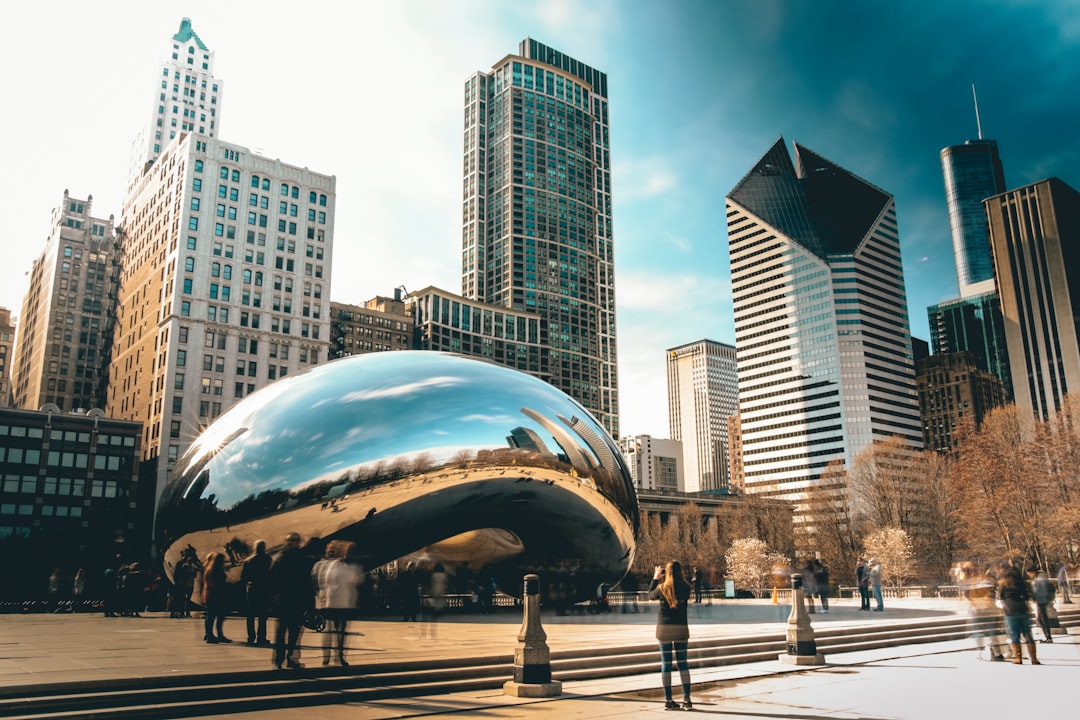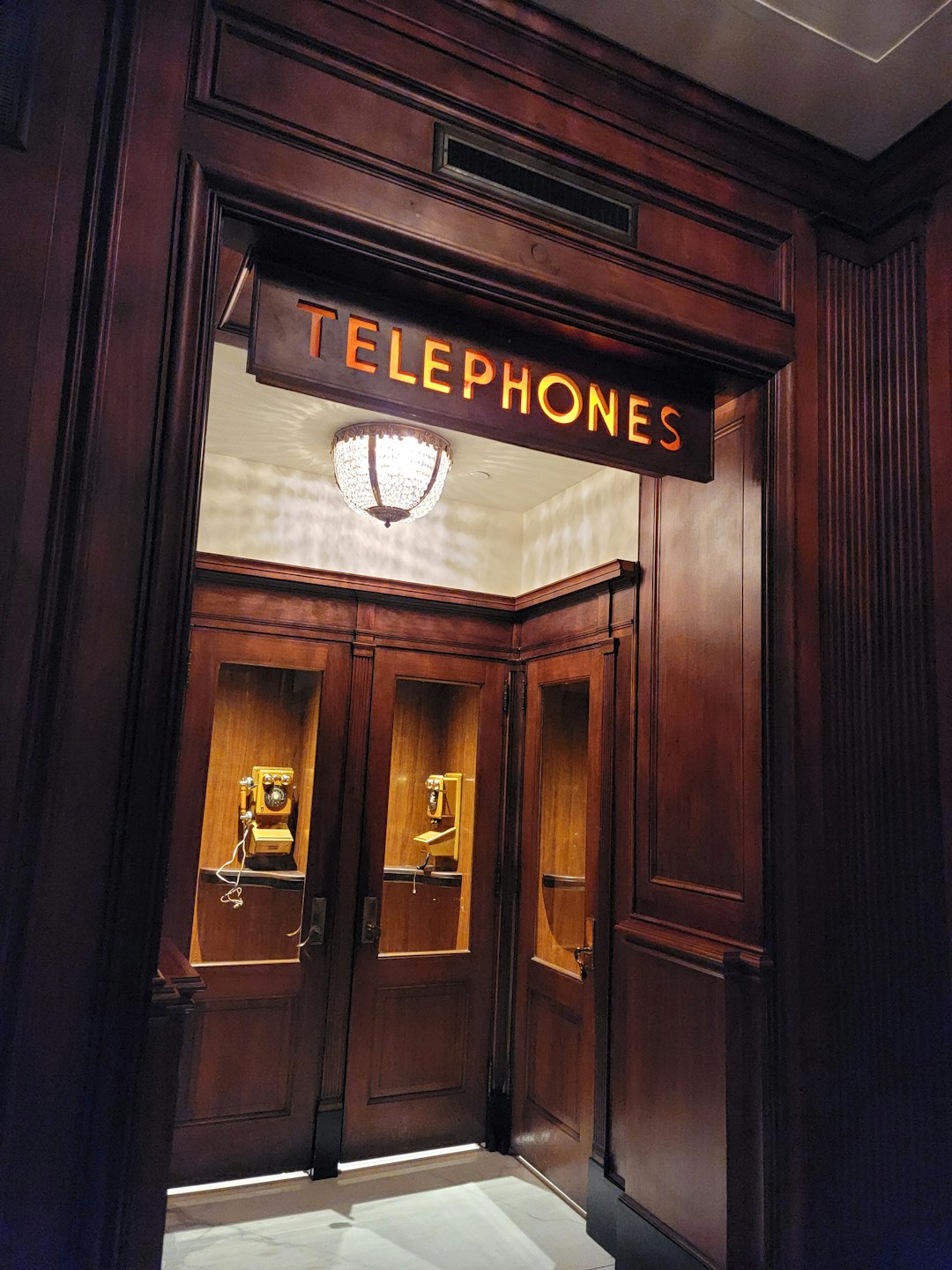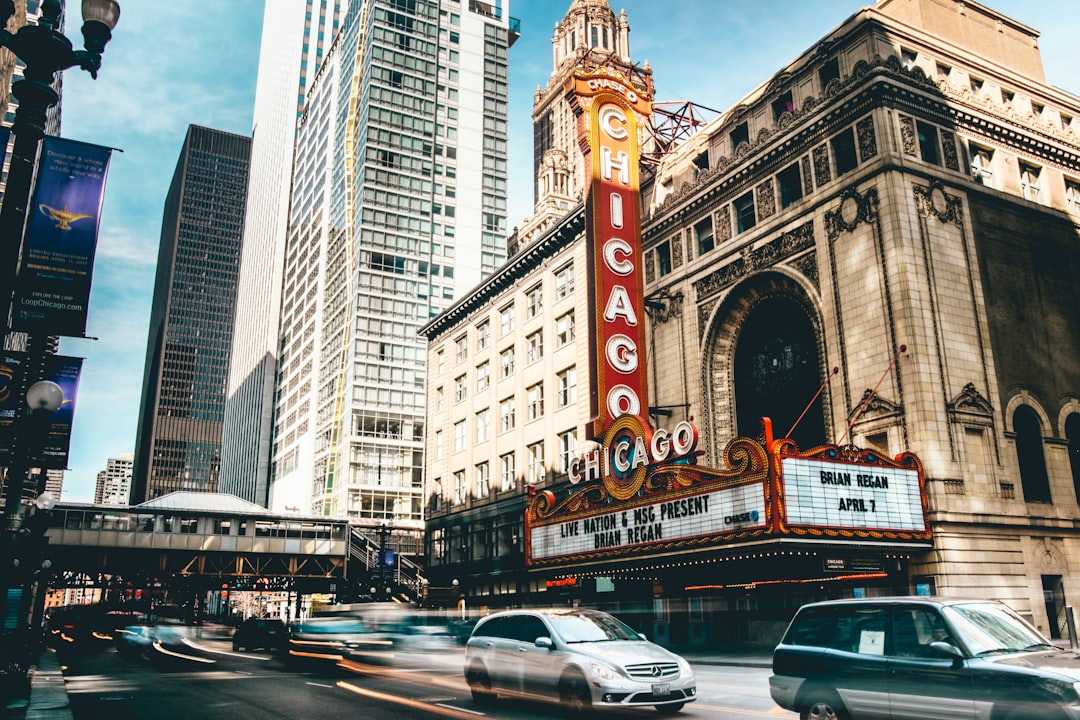Robocalls in Chicago often pose as scams or unwanted marketing, invading residents' privacy. While federal laws like the TCPA and local entities provide protections, many still struggle. Robocall Lawyer Chicago offer crucial legal guidance, helping individuals identify call sources, understand their rights, and employ strategies to block future calls, thereby securing privacy in a tech-driven era. Proactive measures include documenting intrusions, reporting them via FCC and registering on the National Do Not Call Registry. For tailored legal assistance, consulting a robocall Lawyer Chicago is recommended.
In today’s digital age, Chicago residents are increasingly plagued by unwanted robocalls, impacting their daily lives and privacy. This article delves into the pervasive issue of robocalls in the Windy City, exploring effective strategies to combat them. We examine legal frameworks, from state to federal levels, designed to protect consumers and punish offenders. Learn valuable techniques for identifying and blocking these calls. Discover the vital role a robocall lawyer in Chicago plays in navigating complex regulations. Armed with knowledge, residents can take proactive steps to silence unwanted intrusions, reclaiming their peace of mind.
Understanding Robocalls and Their Impact in Chicago
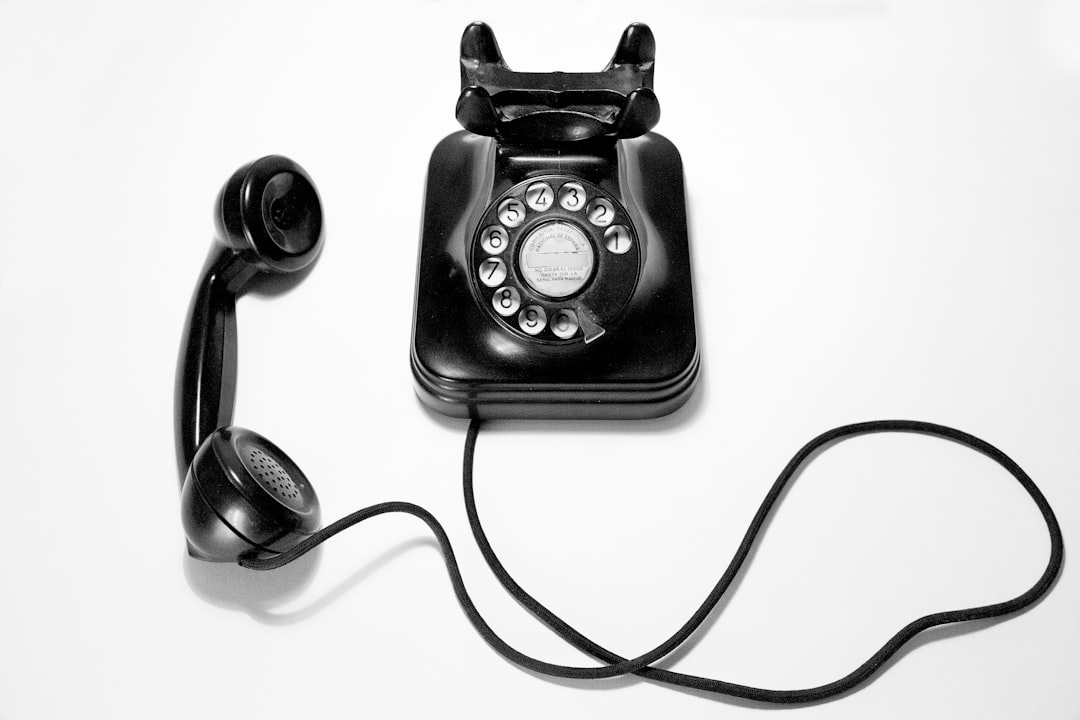
Robocalls, automated phone calls from unknown numbers, have become a ubiquitous and often annoying problem for residents of Chicago. While many robocalls promote legitimate services or products, they can also be used for deceptive and fraudulent purposes, such as scams or unwanted marketing. In today’s digital age, these automated calls are more sophisticated than ever, making it challenging for users to distinguish between genuine communications and malicious attempts.
The impact of robocalls on Chicago residents is significant. Many individuals waste precious time and energy screening, blocking, or even engaging with these calls, which can lead to frustration and a sense of invasion of privacy. Moreover, robocalls targeting specific demographics, such as the elderly or those with limited access to information, can exacerbate existing social and economic inequalities. Fortunately, with the help of dedicated robocall lawyers in Chicago, residents now have legal recourse against these intrusive practices, enabling them to protect their rights and find effective solutions.
Legal Frameworks and Regulations Against Robocalls

In the battle against robocalls, Chicago residents have legal protections in place to fight back. The Telephone Consumer Protection Act (TCPA) is a federal law that restricts automated telemarketing calls, including robocalls, and provides consumers with valuable remedies. This legislation empowers individuals to take action against unwanted robocalls by filing complaints and seeking compensation for each violation.
Additionally, the Illinois Communication Commission oversees regulations specific to the state, further safeguarding Chicagoans from intrusive robocalls. These rules allow residents to register their phone numbers on the Do Not Call list, limiting the number of marketing calls they receive. With the help of a robocall lawyer in Chicago, consumers can navigate these legal frameworks and enforce their rights against relentless automated callers.
Strategies for Identifying and Blocking Robocalls
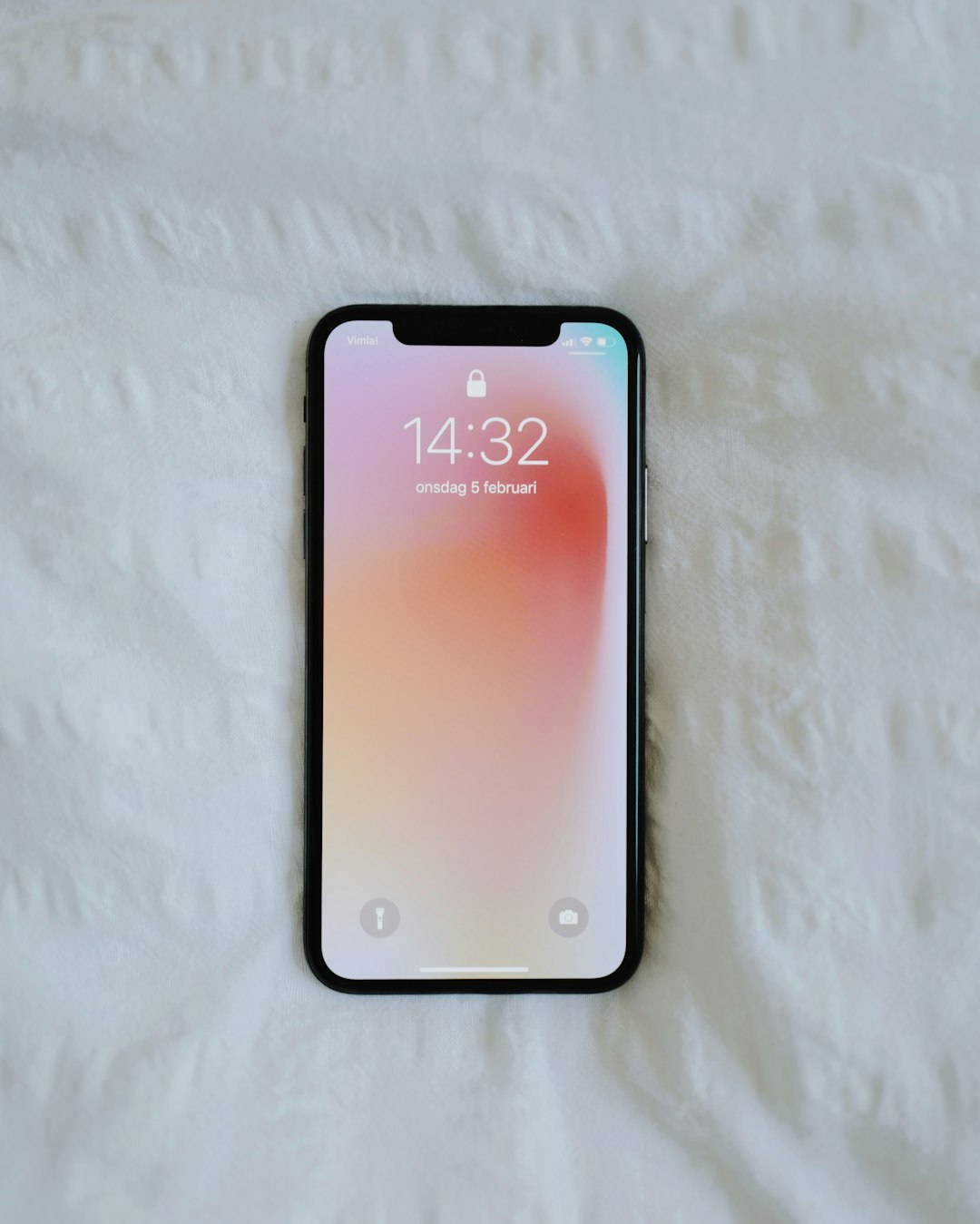
Robocalls can be a significant nuisance, but Chicago residents have several strategies at their disposal to identify and block these unwanted calls. One effective method is using specialized call-blocking apps that learn to recognize patterns of robocalls and automatically filter them out. These apps often leverage machine learning algorithms to adapt to new types of spam calls. Additionally, registering your number on the National Do Not Call Registry is a crucial step, as it prevents automated telemarketing calls from reaching your line.
Another powerful tool in the fight against robocalls is consulting with a robocall lawyer in Chicago. Legal experts in this field can provide guidance on the legal options available to consumers. They can assist in navigating privacy laws and helping you understand your rights, ensuring that unwanted calls are dealt with effectively while also protecting your personal information.
The Role of a Robocall Lawyer in Chicago

In today’s digital age, robocalls have become a pervasive and often annoying issue for many Chicago residents. These automated phone calls, used extensively for marketing and political purposes, can be particularly intrusive. When dealing with a deluge of unwanted robocalls, individuals may find themselves at a loss for effective solutions. This is where a Robocall Lawyer in Chicago steps in as an invaluable resource.
Such lawyers are experts in navigating the complex legal landscape surrounding robocall regulations and have the knowledge to help residents assert their rights. They can assist in identifying the source of the calls, understanding the legal basis for receiving them, and taking appropriate measures to block or limit future robocalls. By employing legal strategies, a Robocall Lawyer Chicago can offer tailored advice and solutions, ensuring residents’ peace of mind and privacy in a world increasingly dominated by automated communication.
Taking Action: Steps to Fight Back Against Robocalls Effectively

In the face of relentless robocalls, taking action is crucial for residents of Chicago. The first step involves identifying and documenting the calls. Note down the phone number, time, and date of each robocall, as this information can be invaluable when filing a complaint or seeking legal advice from a robocall Lawyer Chicago.
Once you have compiled this data, report the calls to relevant authorities. The Federal Communications Commission (FCC) offers an easy way to file complaints online, which helps in tracking and blocking these unwanted calls. Additionally, consider registering your phone number on the National Do Not Call Registry. While it may not stop all robocalls, it’s a step towards reducing their frequency and gives you more control over your communication.
